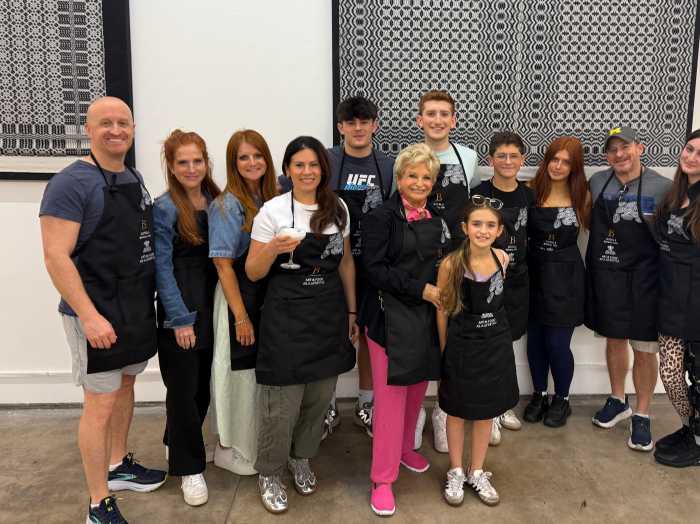
Amy Hempel writes ideal fiction for our fast-paced times.
Of the 15 stories in her latest story collection, “Sing to It,” more than half could be reprinted in a tweetstorm, and a handful of others are no longer than a Facebook post.
The aspirational nature of Hempel’s writing comes from the fact that, unlike social media ephemera, her stories will burrow inside you, dogging your thoughts for days.
The micro-stories often land with the force of a haiku or Zen koan. In “The Orphan Lamb,” the field dressing of a young sheep becomes a cautionary tale about losing one’s independence to desire.
Such deviations are common. A story starts in one direction and then, often with a single word, you realize that you’ve no idea where you’re heading, and Hempel has both a better feel for the vicissitudes of the world and a better imagination than you do.
One of the more moving examples is “The Second Seating,” where an early dinner at a popular restaurant reveals itself to be a memorial for a dead friend.
Hempel is a skilled stylist, whether building grand structures from spare resources or using a common rhetorical device such as anaphora, the repetition of words at the beginning of successive sentences, to hypnotic effect in “A Full-Service Shelter,” about the passion of employees at a Spanish Harlem animal shelter.
The concluding story, “Cloudland,” takes up more than a third of the volume, though it too is told via a series of short observations, with themes and storylines that circle back, slowly growing larger like a snowball rolling down a hill. It is a bleak narrative, a litany of looming environmental catastrophes and lost children and longings for home.
And in that way, too, Hempel is the right voice for our time.




































